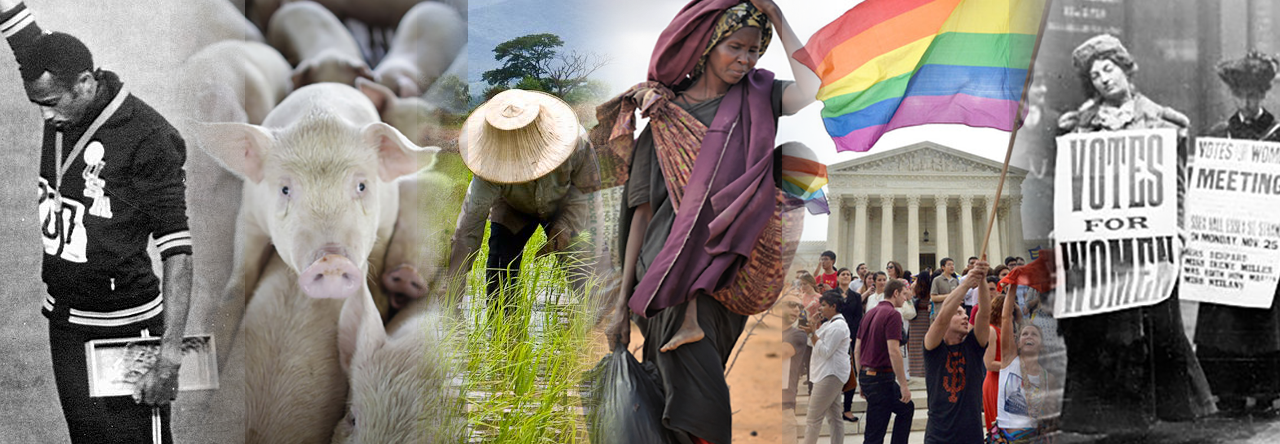2018 Jonathan Trejo-Mathys Essay Prize to Francisco Garcia Gibson (Buenos Aires)
The Global Justice Network is very pleased to announce the winner of this year’s Jonathan Trejo-Mathys Essay Prize, awarded annually to recognize a stellar contribution to the political theory and philosophy of global justice, which was one of Jonathan Trejo-Mathys’ areas of scholarship. The prize is sponsored by the Clough Center for the Study of Constitutional Democracy at Boston College.
This year’s prize goes to Francisco Garcia Gibson, postdoctoral researcher at the National Research Council of Argentina (CONICET) and the Centro de Investigaciones Filosóficas (CIF) at the Universidad de Buenos Aires for his essay “Guns or Food: On Prioritizing National Security over Global Poverty Relief”. The committee believes that the essay makes an important contribution to the scholarship in political theory, philosophy and international relations through its discussion of the normative commitments of political realism.
Honourable mentions go to Nicole Hassoun, Associate Professor at Binghampton University, for her piece on “Fair Trade: An Imperfect Obligation?” and Anahi Wiedenbrüg, doctoral research student at the LSE, for her submission “On the Responsibilities of Dominated States”.
Congratulations to all three authors. All three papers will be published in the next issue of Global Justice: Theory, Practice, Rhetoric.
